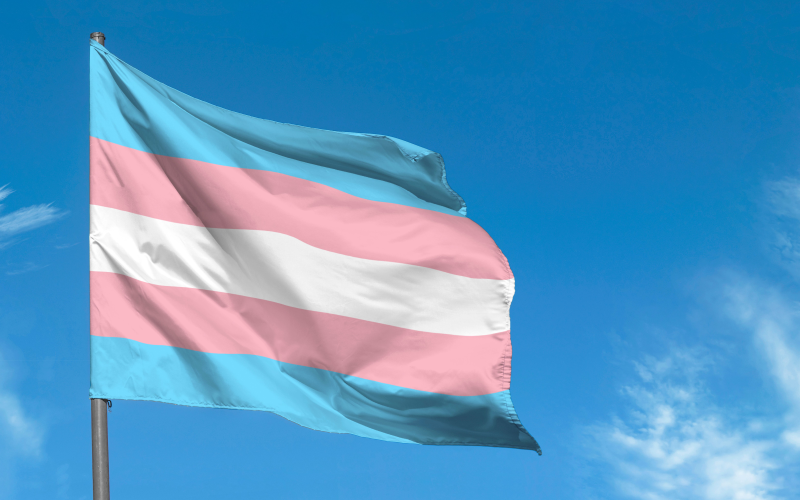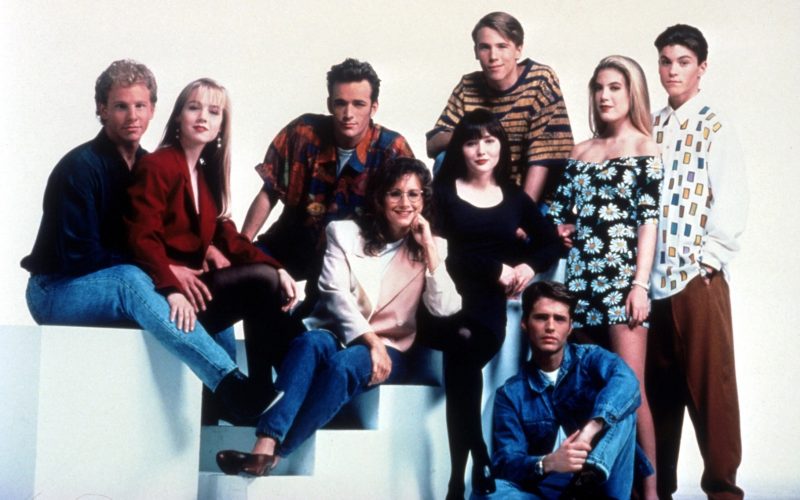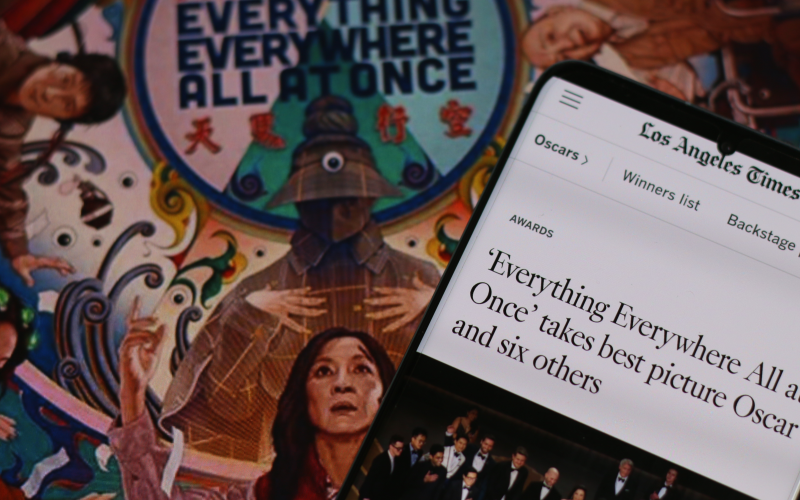Gender inclusion activist Aidan Key discusses practical tips for parents and school staff to approach trans students with a sense of welcoming, creating a safe space for them to learn.
Read more


Gender inclusion activist Aidan Key discusses practical tips for parents and school staff to approach trans students with a sense of welcoming, creating a safe space for them to learn.
Read more
New Yorker staff writer Parul Sehgal discusses why narrative style is so attractive to contemporary readers, and what we must look out for if we want to see the whole story.
Read more
Psychology professor Daniel Simons discusses the many ways we get taken for a ride and the faulty thinking that got us there so we can be aware next time.
Read more
Writer Aubrey Gordon debunks myths about fat people’s health and the ease of losing weight in order to further fat acceptance and fat justice in this country.
Read more
Best-selling author Brenden Slocum discuss themes of authorship, authenticity and art from his novel about uncovering the truth about a composer’s legacy.
Read more
Entertainment journalist Thea Glassman makes the case that teen shows of yesterday paved the way for today’s diverse, complex and compelling teen storylines.
Read more
Writer Andy Field discusses the magic of life in cities surrounded by strangers, and the ways we can interact with people to spark creativity.
Read more
New York Times reporter Matt Stevens discusses the new wave of angry, messy and action-oriented roles for Asian-American actors and how this evolution has chipped away at harmful stereotypes.
Read more
Historian Elizabeth Cobbs discusses her history of famous women who fought for equal rights and family from both sides of the aisle, and the impact they continue to have today.
Read more
Music professor Frank Lehman discusses the composer’s brilliance and how his oeuvre augments the action and adventure of the modern classics we love.
Read more
Journalist Kelly Gilblom talks about the gamble Warner Bros. is taking on Barbie – and the attempted modernization of Mattel behind the scenes.
Read more
Colin Dickey discusses why our democracy has conspiracy theories woven into it and how to spot magical thinking so we can work to shut it down.
Read more